
Montreal Researchers Find Watersheds’ Avg. Max Phosphorus Absorption
A study led by researchers at Université de Montréal has quantified the maximum amount of phosphorus that can accumulate in a watershed before additional pollution…

A study led by researchers at Université de Montréal has quantified the maximum amount of phosphorus that can accumulate in a watershed before additional pollution…
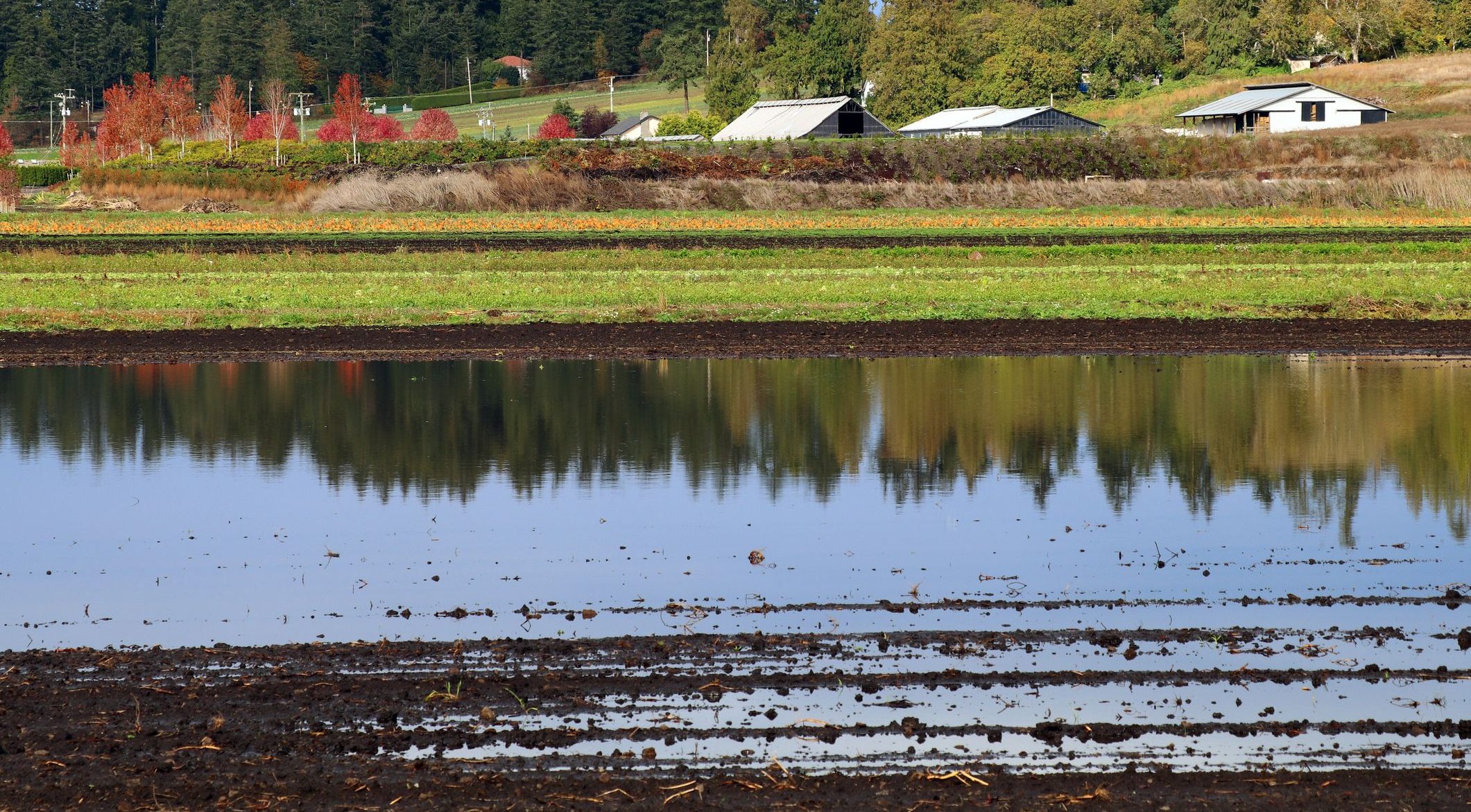
The District of Saanich, B.C. has invited community members to provide feedback on the draft Saanich Agriculture and Food Security Plan. The plan provides a…

Earlier this week, Environment and Climate Change Canada (ECCC) announced that Terry Duguid, Member of Parliament for Winnipeg South, will lead basin-wide stakeholder engagement sessions…

A recent study, Chronic nutrient loading from Lake Erie affecting water quality and nuisance algae on the St. Catharines shores of Lake Ontario, offers insight…
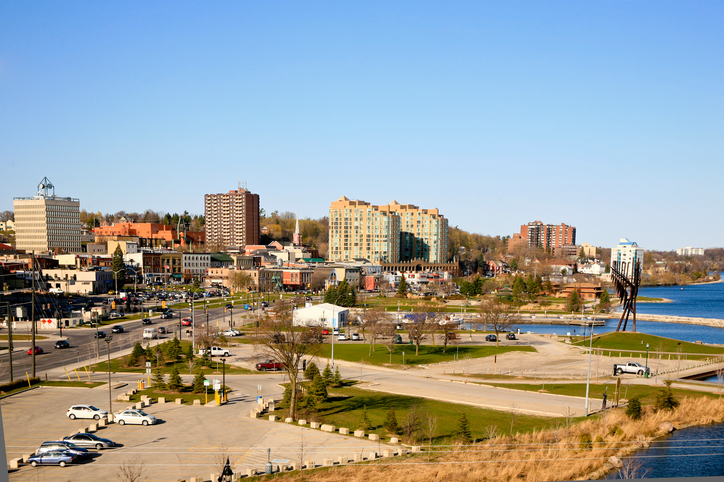
The City of Barrie has announced that its Wastewater Treatment Facility exceeded provincial standards for phosphorus concentrations in 2016. Barrie has sought high standards in…
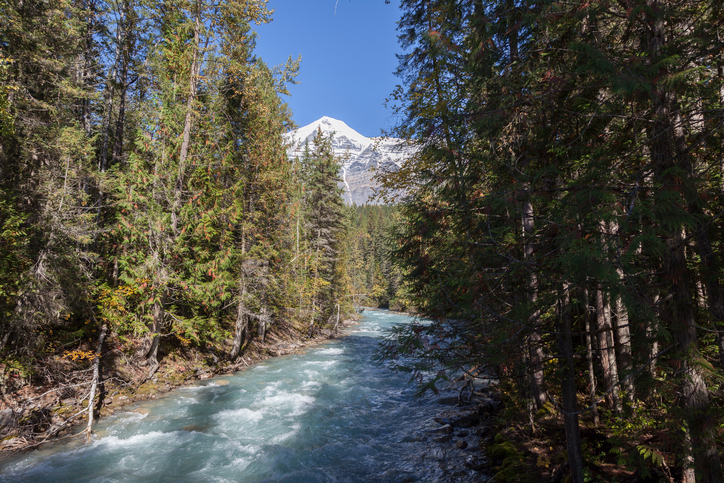
The latest survey of snowpack in British Columbia shows that there has been below-average accumulation in the province’s watersheds, reports the River Forecast Centre (RFC).…
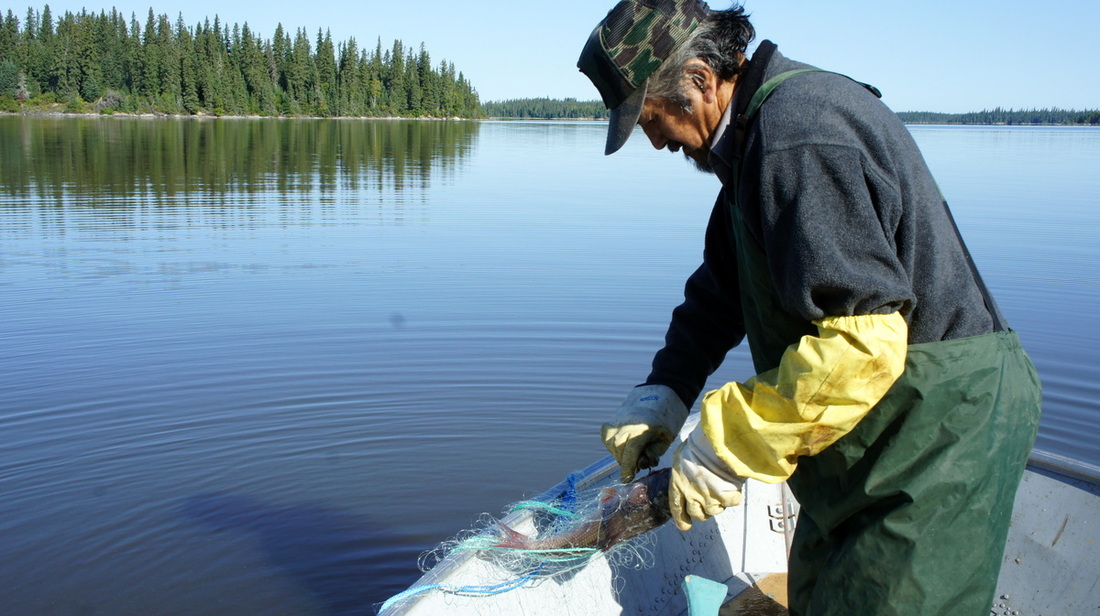
The Northern Manitoba Food, Culture & Community (NMFCCC) organization has announced that it will be funding projects through 2017 that partner with people in Northern…
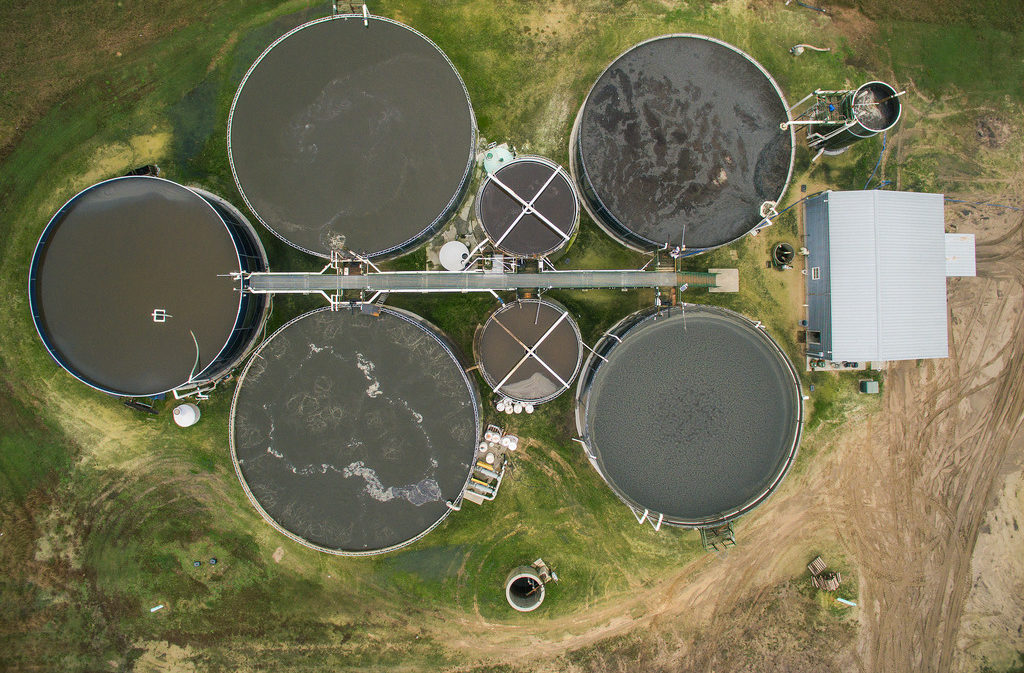
New wastewater system design guidelines developed at UBC can help municipal governments better protect aquatic life and save millions of dollars a year. In a…
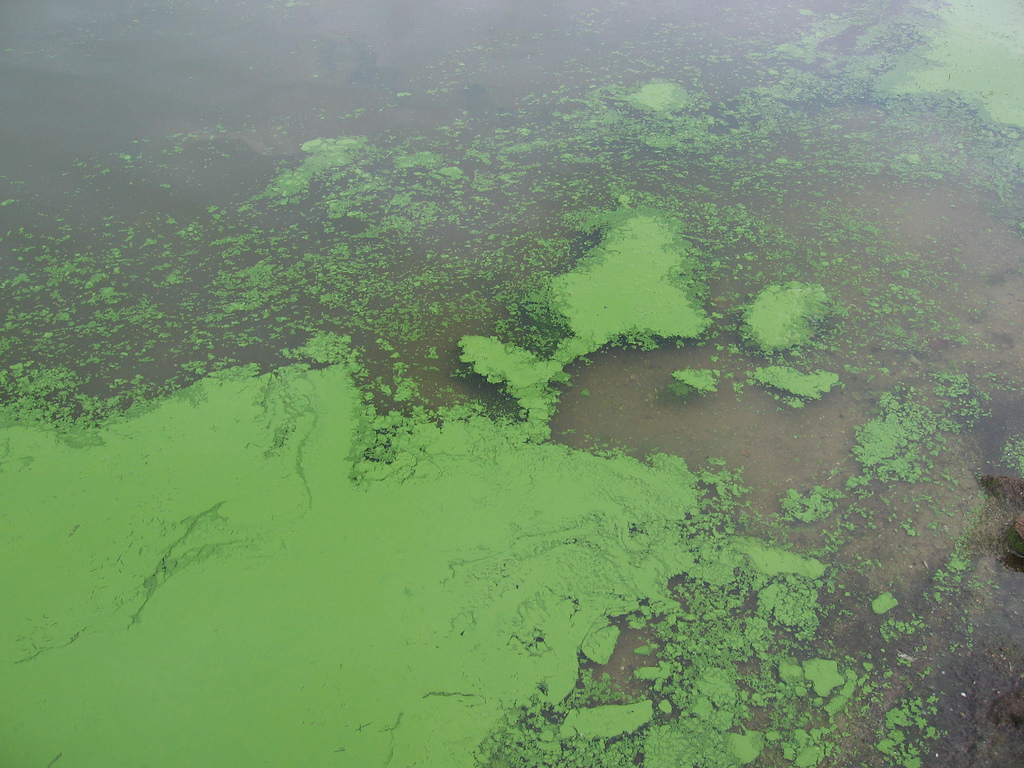
A report from MarketsandMarkets, a global research firm, has released a report that states the Phosphate market will be worth $75.71 billion USD by 2021.…
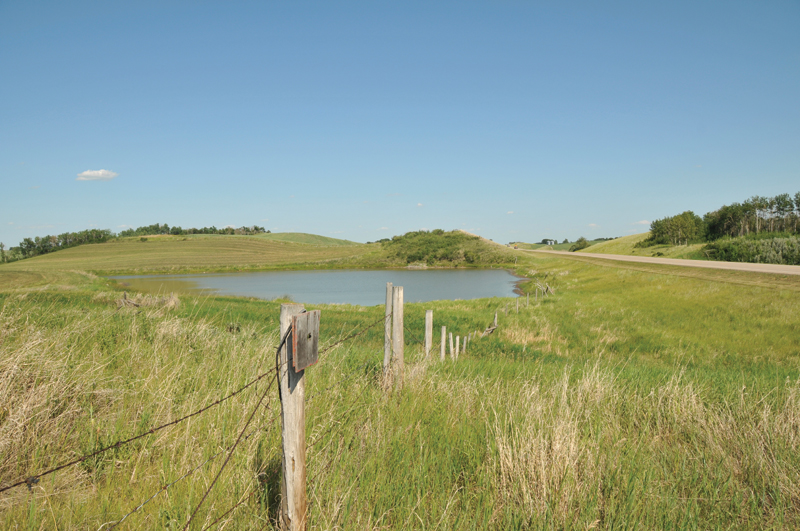
Most of Alberta’s 3.6 million residents rely on regulated water systems. But, according to Brent Paterson*, a significant number of Albertans still use water from…

Environment Canada is not adequately monitoring Canada’s fresh water resources, says Scott Vaughan, Commissioner of the Environment and Sustainable Development, in his report tabled today in…
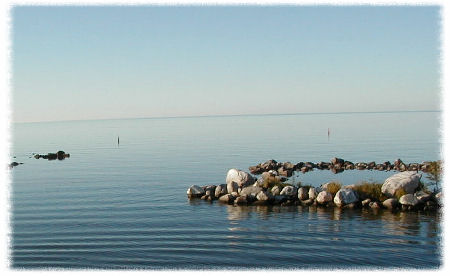
Two years after the release of the Lake Winnipeg Stewardship Board’s final report containing 135 recommendations for action, the board has evaluated the progress made…